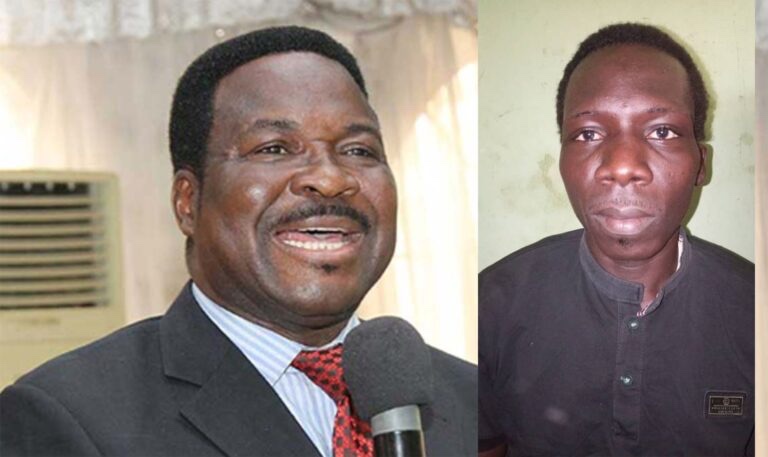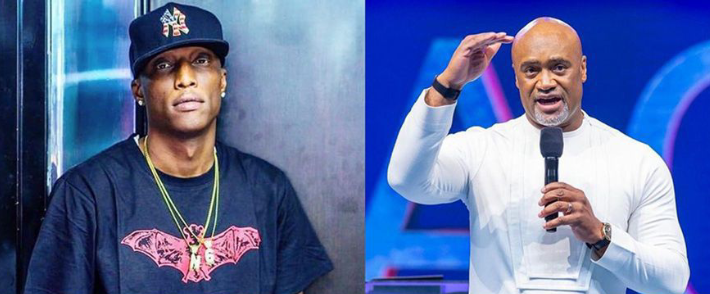
BREAKING NEWS: Mike Ozekhome Blasts Supreme Court Over Death Sentence of Adamawa Farmer Sunday Jackson

Abuja, Nigeria — Renowned Senior Advocate of Nigeria (SAN) and constitutional lawyer, Mike Ozekhome, has condemned the Supreme Court’s recent decision to uphold the death sentence of Adamawa-based Christian farmer, Sunday Jackson, who was convicted for allegedly killing a herdsman in an act of self-defense.
The case has ignited national outrage, sparking debates over self-defense laws, ethno-religious tensions, and the alleged bias in Nigeria’s justice system.
Ozekhome, in a scathing press statement on Saturday, described the apex court’s ruling as “a blatant miscarriage of justice”, warning that the decision could set a dangerous precedent against citizens' rights to defend themselves in life-threatening situations.
“Are we now saying Nigerians no longer have the right to defend themselves when attacked?” Ozekhome questioned.
“This judgment not only betrays justice but also endangers millions of farmers and villagers across Nigeria constantly under threat from violent herdsmen.”
Sunday Jackson, a farmer from Adamawa State, was sentenced to death after he reportedly killed a Fulani herdsman who allegedly invaded his farm and threatened his life.
Jackson claimed he acted in self-defense, but the court ruled otherwise, convicting him of murder.
The case escalated to the Supreme Court, which on Friday reaffirmed the lower court's death penalty ruling, dismissing Jackson’s appeal.
The verdict has sparked protests across northern and middle-belt states, with many calling for judicial reform and protection for farmers facing increasing attacks from armed herdsmen.
Social media has also exploded with hashtags like #JusticeForSundayJackson and #RightToSelfDefense trending nationwide.
Several civil society groups and human rights organizations have also weighed in, demanding a presidential pardon for Jackson and a thorough review of the justice system's handling of similar cases.
Critics argue the judgment reflects a disturbing bias against Christians and minority ethnic groups in the north, accusing the judiciary of playing politics with life and death.
“It’s shocking and heartbreaking,” said one activist. “If defending your life is now a crime, what hope do the rest of us have?”
Legal analysts suggest that Jackson’s legal team may now seek a presidential clemency or take the matter to the African Court on Human and Peoples’ Rights.
As Nigerians await further developments, this controversial ruling continues to raise questions about the nation’s legal, political, and moral compass.


